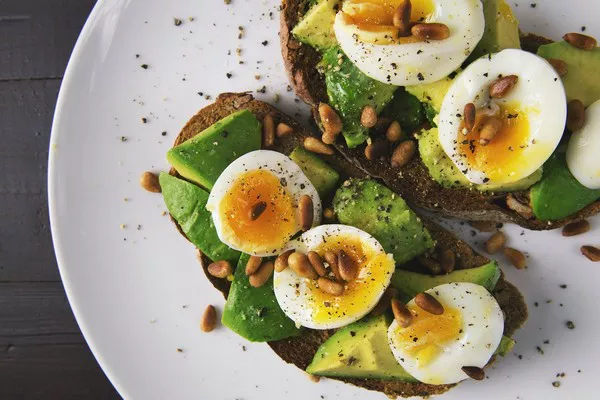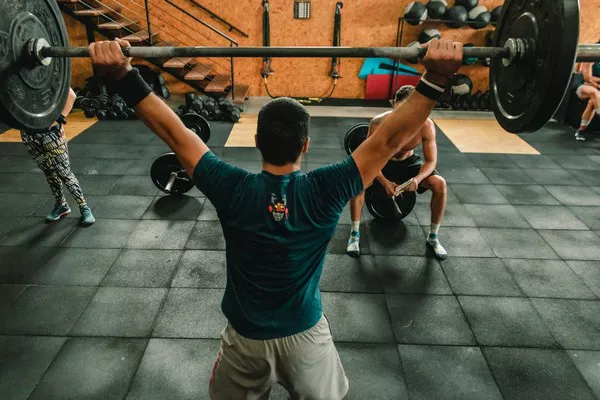While many celebrities adhere to strict fitness regimens to maintain their health and physique, not all practices are universally beneficial. Experts highlight that while some routines hit the mark, others may not be as sustainable or healthy as they seem.
The Trend of Sourcing “Organic” Foods
A growing trend among Bollywood celebrities involves sourcing food items like ghee and exotic berries from various parts of India and abroad. However, Luke Coutinho, a well-known integrative lifestyle expert, urges people to embrace local alternatives. “We don’t need berries from other countries. India has abundant local options such as amla (Indian gooseberry) and strawberries. Pure ghee is also available domestically, and much of it is exported from India,” Coutinho said. He also stressed the importance of ensuring that food products are verified by the Food Safety and Standards Authority of India (FSSAI), as adulteration remains a concern with some local brands. According to him, emerging traditional brands are slowly adopting better practices for authenticity.
Starting Fitness at Any Age
For celebrities like Bobby Deol and Mini Mathur, adopting fitness regimens later in life has been a significant transformation. Both have expressed regret at not beginning their fitness journeys earlier. When asked whether it’s too late to start training for those who begin later in life, Dr. Vishwanath Prabhu, Dean of the Exercise Science Academy at the American College of Sports Medicine (India Chapter), affirmed that starting young allows individuals to develop and refine skills as they grow older. However, he stressed that it’s never too late to begin a fitness routine, as movement is essential at any age. “In a country like India, where physical activity is minimal, it’s crucial to encourage fitness routines regardless of age,” he said.
The Risks of Marathon Running
Marathons have become a popular form of physical fitness, with celebrities like Milind Soman and Saiyami Kher often promoting long-distance running. While marathons are highly admired, Dr. Prabhu warns that they are not suitable for everyone, especially if one is underprepared or lacks adequate nutrition. “Many people in India struggle to meet their protein intake, which can hinder their performance during endurance activities like marathons. Running requires significant muscular energy, which is largely derived from protein,” he explained. Dr. Prabhu cautioned that marathon training may lead to muscle depletion if a person’s diet isn’t balanced, particularly with sufficient protein. He advised that marathons should be viewed as a serious sport, not a casual activity, as injuries from long-distance running often develop gradually over time.
The 1,200-Calorie Diet: A Risky Trend
In recent interviews, several celebrities, such as singer Sunidhi Chauhan, have revealed following restrictive 1,200-calorie diets for quick weight loss, particularly for film roles. However, Luke Coutinho strongly criticizes this approach. He warned that such low-calorie diets can be harmful to an individual’s health, metabolism, and muscle mass. “A 1,200-calorie diet may work for some, but it should never be adopted blindly,” he said. “Such diets can lead to nutrient deficiencies, hormonal imbalances, and muscle loss, ultimately harming the heart and brain.” Coutinho emphasized that any weight loss plan should be personalized based on an individual’s body type, activity level, and any underlying health conditions.
Conclusion
While many celebrities follow rigorous fitness practices, it’s essential for the public to approach these routines with caution. Experts suggest focusing on sustainable, local, and scientifically-backed methods to ensure long-term health and fitness. As Dr. Prabhu aptly puts it, “Fitness should be a lifelong journey, not a fad.”
Related Topics

































